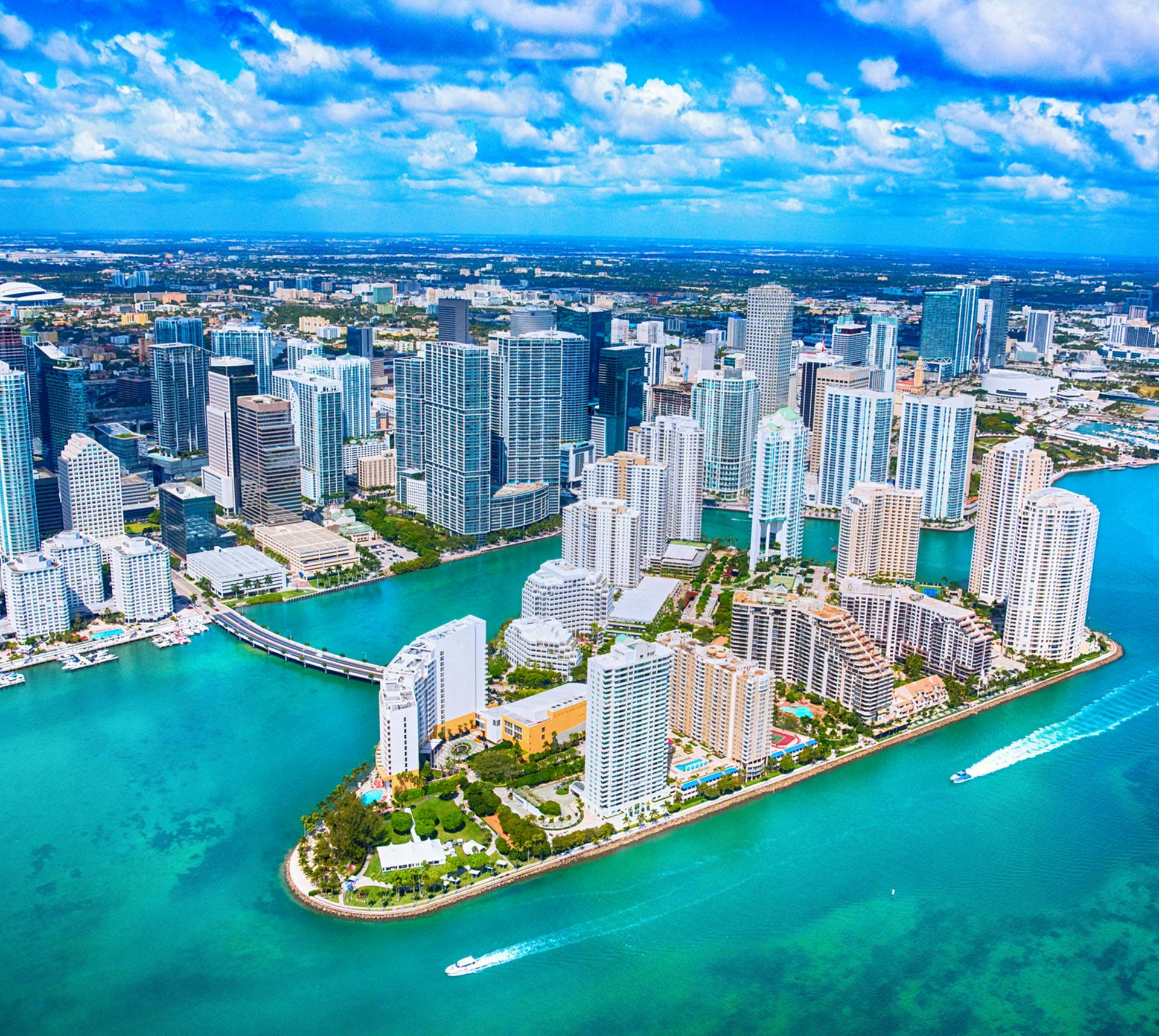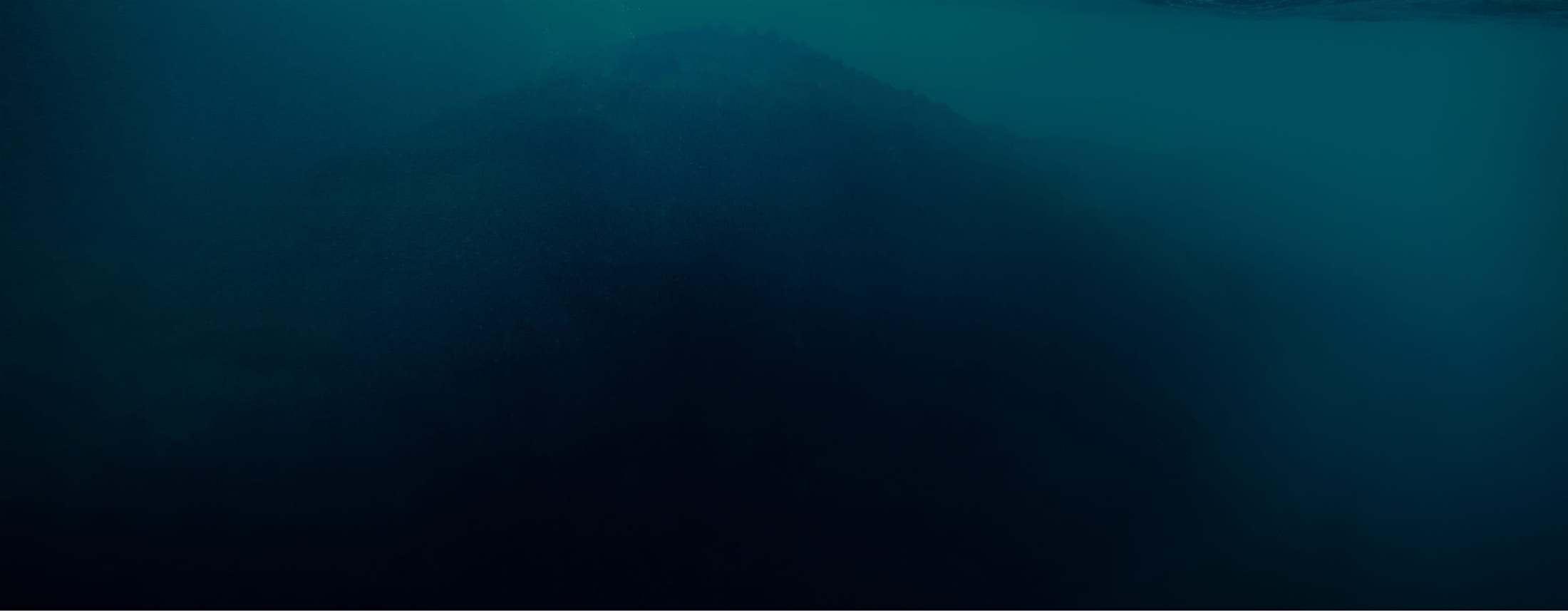Lawsuits against foreign resorts | Florida Personal Injury Trial Lawyers
Miami Resort, Hotel & Vacation Accident Lawyer


Miami Hotel Resort Accident Lawyer
Miami is undeniably one of the premiere places to visit on vacation. Dubbed the “Sunshine State,” Florida provides warm weather year-round and a number of tourist attractions, such as resorts with beaches, pools, and spas. These accommodations may also provide a wide-range of other activities that guests can enjoy, like jet skiing, scuba diving, and snorkeling. Despite the excitement leading up to what is anticipated to be a “fun-filled vacation,” these trips can take a horrible turn for the worse if the resort or hotel fails to observe proper safety precautions and standards. Unfortunately, dangerous or hazardous conditions on a premises can arise at anytime and anywhere.
Lawsuits Against Foreign Resorts
Like other landowners, these establishments in Miami and throughout the state of Florida have a duty of the highest care to its guests in keeping the property reasonably safe and warning visitors of any unsafe or dangerous conditions. Some of these dangers include but are not limited to:
Slip & Fall Accidents
While these types of accidents typically occur at commercial or retail stores, hotel and resort owners must warn of transitory conditions (i.e., water) and foreign substances that could cause a visitor to slip and fall.
Trip & Fall Accidents
A wet surface is not the only harmful condition that could lead to a visitor’s injuries. Sidewalks, walking paths, stairwells, escalator, and elevator entry points could possibly be in disrepair—in the way of uneven or missing surfaces.
Swimming Pool, Jacuzzi, Hot Tub Suction Entrapments
These unfortunate cases are the result of a property owner’s failure to equip their pools, jacuzzis, and hot tubs with adequate and safe drainage devices and/or pumps without attached or built-in vacuum release devices. A defective drain can create a suction force that pulls and then holds on to individuals—mostly children but even adults—underneath the water’s surface, entrapping and drowning victims within minutes. Even victims released from the suction created at drains can suffer life altering anoxic and hypoxic brain injuries. The U.S. Consumer Product and Safety Commission (“CPSC”) released a report in 2005 that noted more than 700 deaths in spas and hot tubs since 1980. An alarming number of these involved suction entrapment deaths, survivors with serious brain injuries and eviscerations most often involving small children in less than six inches of water. Making matters worse, these are only the deaths the CPSC knows of.
Swimming, Drowning & Diving Accidents
In addition to a faulty water circulation system, pools can also become unreasonably dangerous if the establishment fails to provide adequate supervision (i.e., lifeguards) or sufficient warnings (i.e., “No Lifeguard On Duty,” “No Diving”).
Notwithstanding these signs, a hotel or resort can still be liable if it created a hazardous condition that warnings would have no bearing on.
Boating, Jet Skiing, and Other Recreational Activities
In addition to pools and beaches, a hotel or resort may also offer a variety of recreational activities in which visitors can partake in. Whether your injury occurred on land (golfing accident) or by sea (parasailing incident), a Miami resort accident lawyer at Brais Law Firm can help you handle your personal injury case.
Amusement Park Accidents
Notwithstanding where you or a loved one may have stayed during your vacation, your accident may have occurred at one of Florida’s many amusement park attractions. Amusement park accidents can be the result of any of the aforementioned dangerous conditions or an attraction that has been defectively designed or functioning improperly.

Miami Swimming, Drowning & Diving Accident Attorney
Premises liability can arise in a variety of scenarios, such as one in which a property owner fails to take proper or preventative measures that would reduce the risk of a swimming, drowning or diving accident. Failure to adhere to reasonable practices may result in the owner being liable under the theory of negligence. These types of accidents, which typically occur in pools, are usually the result of one of the following dangerous conditions:
Lack of Supervision
While the majority of hotels and other accommodations or establishments with a pool for visitors include signs such as “No Life Guard On Duty” or “Swim at Your Own Risk”, it does not necessarily mean that an owner has disclaimed their duty of reasonable care. If the owner of the establishment—public or private—could have reasonably adopted safety measures that could have prevented the accident, then they may still be liable. Furthermore, in the event that the property owner warned swimmers of the dangers associated with swimming in the pool, the adequacy of the warning could be a basis of contention in the lawsuit. Thus, if you or a loved one has suffered injury as a result of an owner’s negligent maintenance of a pool area, you should seek legal advice from a Miami accident attorney before assuming you may not have a valid claim.
Faulty or Noncompliant Gates
Unfortunately, many children drown in swimming pools as a result of inadequate gates or enclosures around the pool. Specifically, Section 515.29 of the Florida Statutes pertains to “[r]esidential swimming pool barrier requirements” and lists the characteristics that a pool barrier must have. Some of these requirements include but are not limited to: (1) a barrier that is at least 4 feet high on the outside; (2) a barrier that does not have any gaps, openings, indentations, protrusions, or structural components that could allow a young child to crawl under, squeeze through, or climb over the barrier; (3) the barrier must be places sufficiently away from the water’s edge to prevent a young child or medically frail elderly person who may have managed to penetrate the barrier from immediately falling in the water.
Failure to Warn
These cases concern a property owner’s failure to warn of dangerous or unsafe conditions associated with the swimming or diving area. Even if the owner includes a sign that warns of the aforementioned dangers, this warning can still fail to pass what is required by law. Examples of failure to warn cases can be seen when the property owner fails to warn that there is no lifeguard on duty or that no diving is permitted in the pool. Lack of adequate signs, or warnings altogether, could result in drowning or severe injuries (i.e., head injuries as a result of diving in a pool).
Moreover, these types of cases may trigger the law as it relates to Florida’s “attractive nuisance doctrine.” Under this legal theory, a property owner may be held liable for the injuries of a trespassing child if he or she was lured onto the land by the dangerous condition. While a six feet deep pool in one’s backyard pool may not normally be considered “unsafe”—for a two-year-old child who cannot appreciate the risks involved and doesn’t know how to swim—a swimming pool could be deadly. Thus, landowners have a duty to reasonably safeguard their pools against trespassing children. The Miami and Ft. Lauderdale swimming, drowning & diving accident lawyers at Brais Law Firm also handle cases that may have occurred at sea. These unfortunate and preventable incidents can occur under a variety of circumstances, such as a cruise ship or boat owner’s failure to provide enough life jackets or life boats for guests, which may result in said guest’s drowning. Another scenario may involve a commercial owner providing diving services and their failure to adhere to reasonable practices, such as displaying a diving flag that places nearby or passerby vessels on notice.
Drowning and Near-Drowning Damages
Drowning refers to fatal loss of oxygen due to underwater submersion. Near drowning, in which the swimmer survives, often results in permanent damages related to oxygen deprivation. Brain cells begin to die within four minutes of hypoxia. When the brain does not get enough oxygen results may include:
- Cognitive impairment
- Mobility impairment
- Memory loss
- Developmental disorders
- Visual and hearing impairment
- Seizures
- Loss of consciousness
- Coma
- Vegetative state
- Death

Improperly Installed Diving Boards
Pools provide Florida residents and visitors with a refreshing reprieve from year-round heat and a fun source of recreation for both kids and adults. Unfortunately, children and adults often fail to recognize the dangers of diving in inaccurately or unmarked pool depths and from improperly installed diving boards. Located in Miami, Brais Law Firm represents Florida residents and tourists in swimming pool, drowning and diving accidents. We have a strong record of six and seven figure recoveries in water-related claims and, in fact, the firm gained entry into the Multi-Million Dollar Advocates forum (earned by less than 1% of all attorneys) resulting from a wrongful death by drowning at a Resort in the Bahamas. Additional water-related recoveries included: $1.1 Million (diving related personal injuries), $250,000 (diving accident) and $225,000 (Jet Ski injuries involving permanent scaring). See our Results page to learn more about our settlements and verdicts.

Diving Liability Claims
The depths of a pool should be clearly and accurately marked. From the edge, water distortion makes judging the actual depth difficult, and so pool guests rely upon signage. Pool owners may be liable for installing a pool with an unsafe design, putting a diving platform in an inappropriate place, failing to accurately mark depths, and allowing unsafe diving practices. The depth recommended for safe diving depends upon the shape of the pool and whether the dive is off the pool edge or a board. Many pools slope, so the posted depth may not reflect the depth closest to the pool’s edge. The speed of the dive accelerates and the diver travels further into the water when diving off a higher platform or board. A public facility, hotel or spa must take all of these factors into consideration when making safe dive areas.
Diving Injury Damages
Most diving injuries occur when the diver hits her or his head on the bottom of the pool. The impact may crush vertebrae in the diver’s neck or back, resulting in spinal cord damage. The amount of damage and which body areas are affected depend upon which vertebra is injured. The diver might also sustain brain damage from a blow to the head or, if knocked unconscious or paralyzed from spinal cord damage, from oxygen deprivation associated with near drowning. Hitting the bottom of a pool might also cause broken bones, soft tissue injuries, open wounds and infections. Depending on the injuries you or your loved one incurred, our Miami pool diving injury lawyers pursue damages for:
- Back or neck injuries
- Paralysis
- Loss of mobility and muscle control
- Brain damage
- Bone fractures
- Disability
- Scars and deformity
- Pain

About the Virginia Graeme Baker Pool & Spa Safety Act
These suction entrapment cases involve always involve the well-being of loved ones, and more often than not, the lives of our children. Despite the fact that these incidents date as far back as 1973, measures aimed at addressing the faulty devices (i.e., drain covers) that lead to suction entrapment were only recently signed into law. Specifically, the Virginia Graeme Baker Pool & Spa Safety Act was signed into law by the President in December 2007.
The Act was named after Virginia Graeme Baker, granddaughter of former Secretary of State, James Baker III, who drowned as a result of suction entrapment in a hot tub. At the tender age of seven, Graeme was in a hot tub when she became stuck to its drain and was unable to break free from the suction’s force. By the time two men were able to free her from the drain’s force—it was already too late. After Graeme’s death, her mother, Nancy Baker, devoted herself to getting a law passed that banned the faulty devices that were the cause of these horrific accidents. Important findings noted in the Act include:
- Of injury-related deaths, drowning is the second leading cause of death in children aged 1 to 14 in the United States.
- In 2004, 761 children aged 14 and under died as a result if unintentional drowning.
Adult supervision at all aquatic venues is a critical safety factor in preventing children from drowning. - Research studies show that the installation and proper use of barriers of fencing, as well as additional layers of protection, can substantially reduce the number of childhood residential swimming pool drownings and near drownings.
In addition to factual findings, the Act also provides for federal swimming pool and spa drain cover standards. Insofar as the drain cover standards, the law requires that swimming pool or spa drain cover(s) manufactured, distributed, or entered into commerce in the United States shall conform to the entrapment protection standards outlined within the Act. Moreover, the Act mandates that public pools be equipped with “anti-entrapment devices or system,” such as a “safety vacuum release system.” Despite these compelling statistics and existing laws, these preventable tragedies continue to occur.

How a Miami Hotel Resort Accident Lawyer Can Help
Our lawyers are standing by to learn more about your hotel resort accident and resulting injuries. When working with Brais Law Firm there is no risk, as we work on a contingency fee basis. You owe no attorney fees unless we recover compensation for you. See our Results page for more information about our settlements and verdicts. Contact our team to schedule your free consultation with a resort accident lawyer at our main Miami location by calling 1-888-238-5637.





